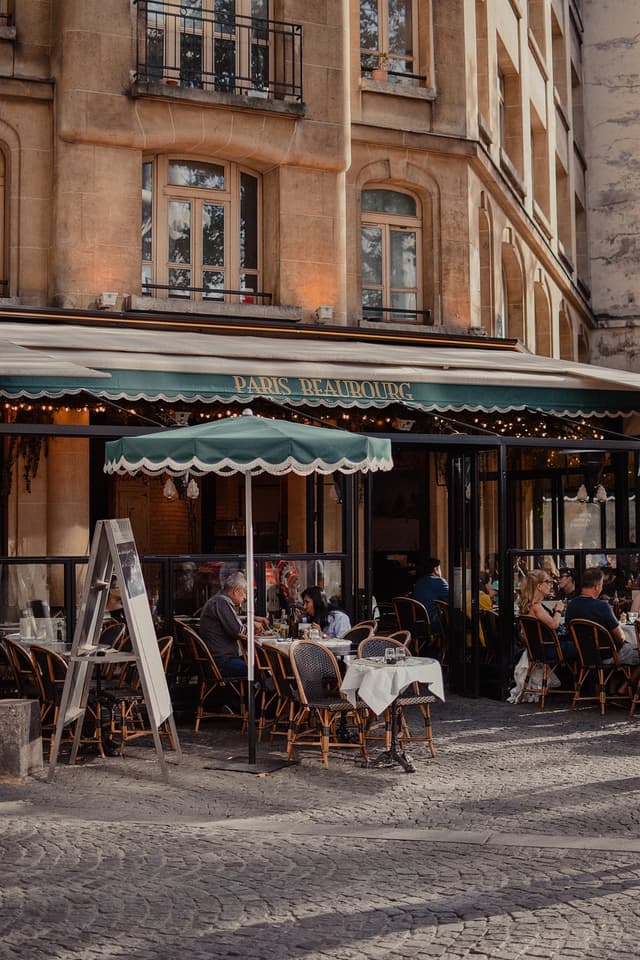
Learn How to Use the French Passé Composé to Talk About Past Events : The “passé composé” in French is a verbal tense used to express a completed action in the past. It is formed by using the auxiliary verbs "avoir" (to have) or "être" (to be) conjugated in the present, followed by the past participle of the main verb. The choice of auxiliary depends on the conjugated verb. Here is the basic structure: Subject (je, tu, il, elle, on, nous, vous, ils, elles) + auxiliary (“avoir” or “être”, conjugated in present) + past participle of the main verb Here are some examples to illustrate this: J’ai mangé une pomme = I ate an apple (subject "I" + conjugated auxiliary "have" + past participle "mangé"). Elle est sortie hier = She went out yesterday (subject "she" + conjugated auxiliary "is" + past participle "sortie") Nous avons fini notre devoir = We finished our homework (subject "we" + conjugated auxiliary "have" + past participle "fini") The past participle of regular verbs is often formed by adding "é", "-i", or "-u" to the base of the verb (for example, "mangé", "fini", "vendu"). However, irregular verbs have unique past participle forms (for example, "eu" for had or "été" for been).
Question 1
Il __________ (étudier) la biologie à l'université.
Question 2
Nous __________ (aller) au marché pour acheter des légumes.
Question 3
Ils __________ (partir) en voyage en Asie pendant trois mois.
Question 4
Nous __________ (travailler) durant tout l'été.
